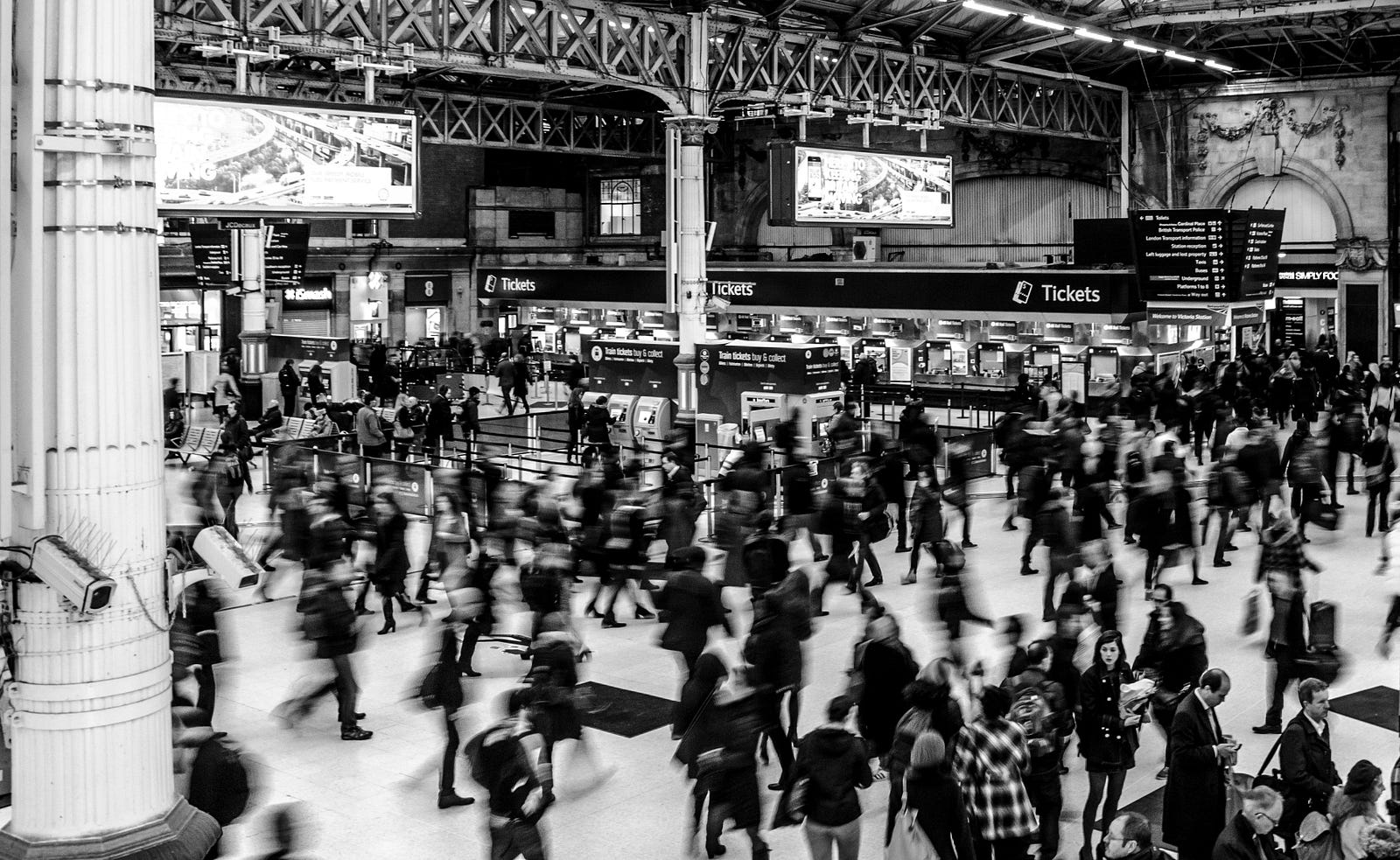The Cameras are Coming
The Cameras are Coming


One thing that has been made abundantly clear in my six months in venture capital is that the cameras are coming, and they’re inevitable. Someday soon, life will be lived almost exclusively under the watch of cameras. The strange part? We’re going to be OK with that. More than OK, we’re going to be happy about it. We’re going to invite them into our offices, neighborhoods, and every room of our homes (well, maybe not the restroom… yet).
This may sound terrifying if your idea of static cameras installed in buildings is the traditional security camera. Security cameras are for people to watch and review. Even though we’ve grown increasingly comfortable with the number of cameras in public areas (most likely because we already know our behavior can be watched by others), people generally are not ready to let the cameras into their homes.
The cameras that I’m talking about are those that are utilizing computer vision for a rapidly growing number of applications. Computer vision, for the uninitiated, is essentially the idea that computers can now understand the context behind visual data, in the same way, that we as humans can (and much better in some cases). Using deep learning, computer vision applications can recognize individuals, identify and track objects, grant access, and reveal previously unavailable insights.
Facial recognition is one of the first computer vision products taking off in a wide range of applications, from unlocking our smartphones, to publicly shaming jaywalkers in China, identifying criminals using city infrastructure in the U.S., and replacing concert tickets. In the very near future, your face is going to be your key to everything: to unlock your front door, start your car, access your office building, and board an airplane (the obvious downside here: public anonymity is a thing of the past). Someday (relatively) soon, there will be no such things as “forgetting your keys.”
Computer vision applications outside of facial recognition are even more exciting: stores where there’s no need to check out with a cashier, senior living facilities that keep residents safe, and identify seniors who are likely to fall, baby monitors that track health and developmental progress, and the next evolution of the smart home: the ability to control devices, appliances, and electronics with simple gestures or personalized responses to your presence (for instance, Netflix knows who in your household is watching and continues playing the content that they left off on).
We’re at the beginning of a new era of how we interact with everything (okay, maybe a little hyperbolic…) At the same time as this massive shift is occurring, AR & VR headsets utilizing inside-out tracking (on-device cameras used for spatial positioning) will begin making their way into our homes. Facebook, Samsung, Apple, Google, Magic Leap, Amazon, etc. will soon have (even more) access to visual data within your home. This data could be immensely valuable — imagine these companies knowing what brands & products you own for everything (not being hyperbolic…)
Won’t there be a major backlash against all of these cameras? I suspect not for a variety of reasons. 1) We’ve been here before. When cameras first made their way onto cell phones, there were concerns over letting people bring their phones into bathrooms, concerts, and private events (tangentially, the short-lived “Glassholes”). We got over it. 2) Many computer vision cameras will utilize edge computing — meaning that the data will be processed on the cameras, never being sent to the cloud where it may be compromised. In this sense, these cameras could be thought of more as “sensors,” where there’s no visual output that any human would ever see. 3) It’s going to be convenient. Very convenient. Computer vision will get rid of so much monotonous friction in our everyday lives that the trade-off will be worth it. The adoption of voice assistants such as Alexa and Google Home demonstrates this. 4) Safety. CV applications will reduce crime (recognizing weapons where they shouldn’t be, keeping unauthorized individuals locked out, finding wanted criminals, etc.), improve healthcare (diagnosis, assisting surgeries, identifying new insights, etc.), and yes, remove human error from driving.
The future is bright for computer vision applications that understand the world on a visual level, removing thousands of everyday friction points and empowering us with more data and insights than ever before. The question is: are you ready for the cameras?
